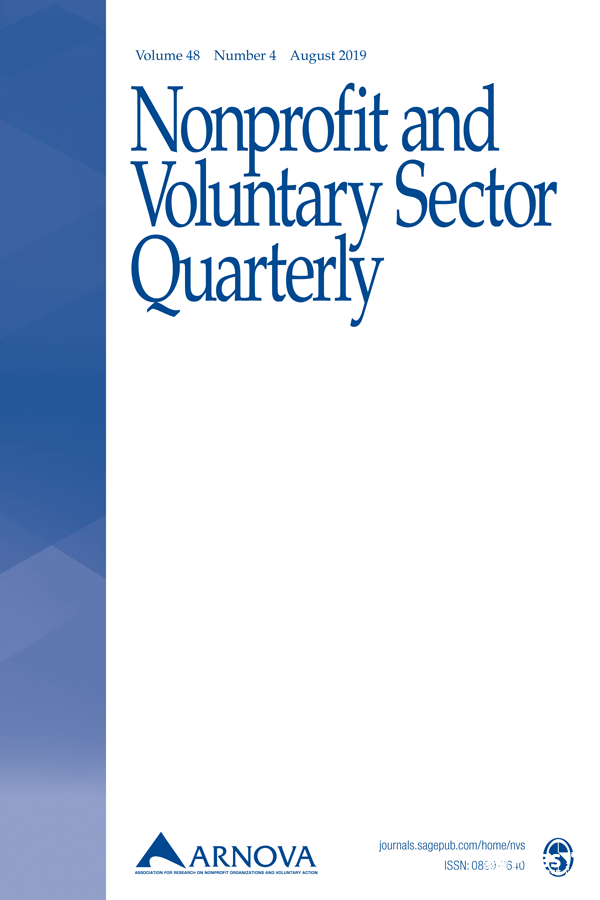Due to an aging population and the rising incidence of chronic disease, demand for health-care services is soaring worldwide. However, the market for nursing home care is afflicted by severe asymmetric information problems. In order to mitigate risks, consumers often search for information on services before making decisions or rely on signals that they believe are correlated with quality or value, for instance, organizational ownership.
Is it true that consumers tend to associate nonprofit ownership with warmth and trustworthiness and for-profit ownership with competence? The findings are mixed. PHBS Associate Professor Ren Ting and coauthors investigated whether ownership affects the choice of nursing homes or if the type of search and consumer characteristics affect the likelihood of selecting a home that is nonprofit, for-profit or local-government owned.
Recently, their paper "Does Ownership Matter in the Selection of Service Providers? Evidence from Nursing Home Consumer Surveys" was awarded 2019 Outstanding Article by
Nonprofit and Voluntary Sector Quarterly (NVSQ), a leading peer-reviewed international academic journal that covers research on the nonprofit and voluntary sector.
In this paper, Professor Ren and coauthors explore whether organizational ownership is considered in the choice of nursing homes, based on data from a survey of about 500 consumers (during 2006-2007) who selected nursing homes for their family members in the state of Minnesota, USA. Minnesota offers a unique nursing home environment: prices are regulated by the state and linked to nursing home resident pre-admission condition but not to service quality.
Professor Ren Ting
They put forward hypotheses related to different types of consumers: better-educated consumers; those who are more vulnerable to the effects of asymmetric information; those who use provider reputation as a search criterion; those who search more (longer); and those who search more carefully, will be more likely to choose providers that are nonprofit or local government organizations than for-profit firms.
The study shows that consumers who do use ownership as a selection criterion are more likely to choose for-profit homes, due to their widespread lack of knowledge about the correlation between ownership and quality. However, better educated consumers are more likely to pick nonprofit homes rather than for-profit homes. According to
USA Today, for-profit nursing homes are of lower quality than nonprofit nursing homes, based on U.S. federal Medicaid/Medicare data for 16,000 nursing homes.
In addition, family members who searched more diligently and placed greater importance on resident areas, and those who downplayed superficial and easy-to-obtain information conveyed by nursing home lobbies, were more likely to choose nonprofit homes over for-profit homes.
The paper has public policy implications—most importantly, consumers should be encouraged to search for information that is hard to gauge and enhance appreciation of the problem of asymmetric information. It also points out that although online consumer reviews nowadays have made private and personal experiences more accessible, asymmetric information between sellers and buyers has not been transformed. The ability to search and identify information and the reliability of the information source will continue to influence consumer decisions.
By Annie Jin
Edited by Priscilla Young
















